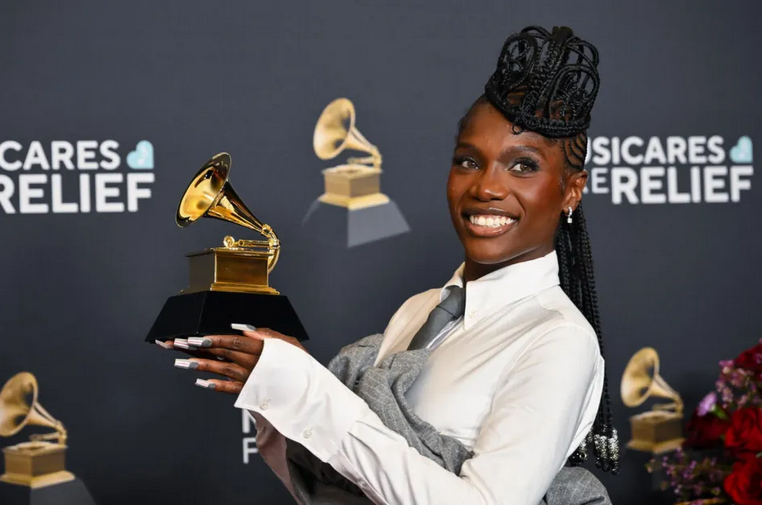Members of the Middle School Black Student Union (BSU) have been exploring Black hair—not just as a form of self-expression, but its role in history. In preparation for Black Excellence Night, where this year’s theme centers on the beauty, past and present, of Black hair, students have been reflecting on the ways hair has been used for survival, resistance, and storytelling across generations.
This year for Black Excellence Night, the theme is the history and importance of Black hair. Could you talk a little bit about the significance of Black hair?
Gabe B.: In Black Student Union, we’ve been studying the history of Black hair and the role it has played in our culture. During slavery, hair was used as a way to communicate and help people escape.
Olivia I.: How they’d grow their hair depended on the purpose. Sometimes they would store seeds in their hair; and so they might have bigger, puffier styles. If they were creating escape routes, the braids would be tight and intricate, acting as maps.
Zyion G.: When I read that, I started thinking about how hard it is to grow out your hair. Nowadays, people use oils and treatments to help their hair grow, but back then, it seemed to grow much faster on its own.
Olivia: The type of hair you had could determine where you worked—thicker, more coiled hair often meant laboring in the fields, while straighter textures were more likely to be placed in the house.
Joshua H.: In the Civil Rights era, hair was also a tool for activism. Hair salons and barber shops were also important spaces for organizing during the Civil Rights Movement. That activism planted the seeds for the CROWN Act, which continues the fight against hair discrimination today.
Has learning this history changed the way you think about your own hair?
Zyion: I think about that when I see how people now use braids for self-expression. Today, people add hearts, geometric designs, and other creative patterns into their hair. I’ve always used my hair to express myself. I’ve had a lot of different styles over the years—buzz cuts, locs, twists. It’s been a way to explore different sides of myself. Like, I loved my locs, but I also like the versatility of changing it up.
Gabe: I like my hair now—it’s stylish and low maintenance. I only have to get it done every once in a while, and it always looks great. I’ve had it this way since third grade.
Joshua: I like my hair when it’s puffy.
Olivia: I sometimes wear braids or cornrows because it makes my morning routine easier. It stays neat for a while, so I don’t have to do much to it.
Are there any styles you want to try in the future?
Zyion: I’ve been thinking about growing my hair out and trying finger coils. You take a small section of hair, wrap it around your finger with gel, and it forms a tight curl. It’s a bit higher maintenance—my mom isn’t too thrilled about it.
Are there particular hairstyles you admire—either from celebrities or artists?
Zyion: There’s an artist named Doechii who does really wild, creative hairstyles. To the average person, it might look strange, but to me, it’s artistic and stylish.

Doechii at the 67th GRAMMY Awards on February 2, 2025 in Los Angeles.
Michael Buckner
Olivia: I love when women wear their hair natural, like Beyoncé. Sometimes she straightens it, but I saw a picture of her with her natural curls, and it looked really beautiful.
Gabe: Tyler the Creator had an album where his entire look was based on Black hair. And during the album roll out, he’d have his hair in like this kind of weird part, and it looked really cool to me. I would never do it though.
Zyion: Especially following up on what Gabe said, I wouldn’t do something like that. I just don’t think it would be okay with the way that society is shaped. If I were to go out with half of my hair buzzed or something like that, people would look at me differently. So I think artists like Doechii, Tyler, I really appreciate what they do because it shows that you don’t have to care what people think—you can be yourself, you can express yourself. You can have confidence.


